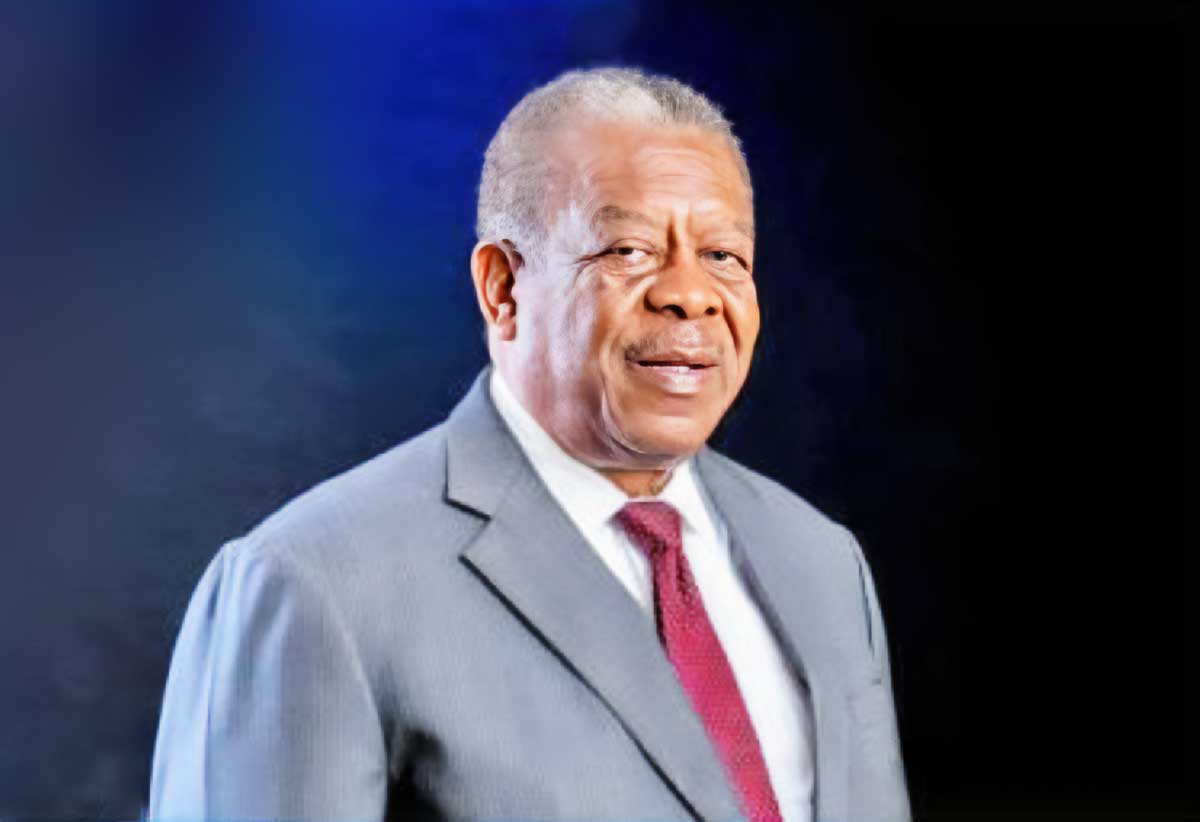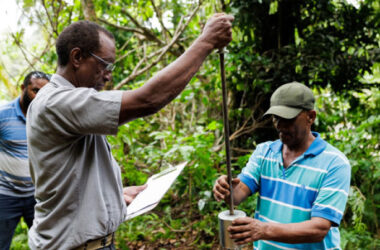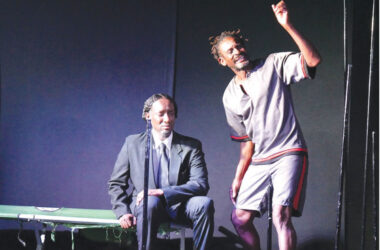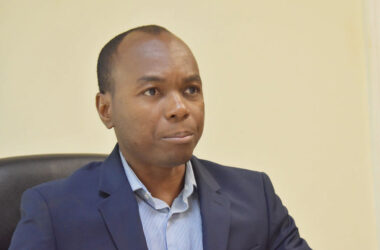
The Government of Saint Lucia, this week, took a giant step in its move to make the Caribbean Court of Justice (CCJ) the island’s final appellate court, when it passed the Constitution of Saint Lucia (Amendment) Bill in both Houses of Parliament.
The Bill is now on its way to His Excellency Governor General Errol Charles before becoming a done deal. This paves the way for the country to detach from Britain’s Privy Council and accede to the appellate jurisdiction of the CCJ.
According to government sources, having the CCJ as Saint Lucia’s final appeals court will eliminate the prohibitive fees associated with the Privy Council and make justice more accessible and more affordable to citizens.
The pursuit to attain regional jurisprudence began in 2001 when former Prime Minister Dr. Kenny Anthony and 11 other leaders from the CARICOM member states signed the agreement to establish the CCJ.

“This is a historic day in the history of the people of Saint Lucia…it is historic because we as a people are showing that we have confidence in ourselves , that we have confidence in our jurisprudence and we have confidence in the people of the region,” declared Prime Minister Philip J. Pierre.
“The CCJ will make justice accessible to the people of Saint Lucia,” he added.
The prime minister said going to the Privy Council for redress in legal matters is a costly matter that the average citizen cannot manage.
With Saint Lucia’s move towards accession to the Caribbean CCJ, now a ‘hot button’ issue lately, the discourse has been steamy among politicians, activists, concerned citizens and the general public at large.
But the move to the CCJ does not have the blessings of the opposition in parliament and the main opposition party – United Workers Party (UWP), which have been calling for a referendum to determine the position of the majority of Saint Lucians on the matter of replacing the Privy Council with the CCJ.
Quite noticeable was the absence of opposition senators when the Bill came up for debate in the Senate Thursday and the walk-out by Leader of the Opposition during the Bill’s debate in the Lower House of Assembly Tuesday.
Government has derided the opposition’s claims, stating that with a two-thirds majority in the Lower House, the constitution states that there is no need for a referendum on the matter.
Meanwhile, chairman of Saint Lucia’s CCJ Accession Committee and retired CCJ President Sir Denis Byron has been assessing the conditions conducive to Saint Lucia making the CCJ, the island’s final appellate jurisdiction.
Sir Denis spoke at a recent town hall meeting in Vieux Fort to raise public awareness about the transition.
Among other pertinent issues, he addressed, were matters dealing with remuneration for presiding judges of the court and whether they would be paid by governments, which can exert decisive informal pressure on the judges to deliver judgments favourable to a ruling administration.
Consequently, Sir Denis explained that in order to pre-empt that eventuality and fund the CCJ independently, a US$1miilion trust fund has been established to finance the expenditure of the court. Thereby, he added, the expenses of the court as well as salaries paid to judges will be drawn from this Special Fund.
He noted that compensation for the operations of the court (CCJ) is not dependent on the disposition of any government. Rather, he explained, the trust fund which has been established for the CCJ is administered by a Board of Trustees drawn from regional entities.
According to Sir Denis, the annual operational costs of the CCJ amounts to US$5 to 7 million. “And that is being operated by …the financial operating range,” he explained.
Addressing issues relating to the independence of the CCJ and the financial structure of the court, Sir Denis said, as a former British colony the move towards the CCJ strengthens Saint Lucia’s position into full political independence.
Furthermore, he noted, there were shortcomings within the Privy Council that necessitated and pushed Saint Lucia to move towards the direction of the regional court.
“The main point …is the accession to justice,” declared the CCJ chairman, at a prior media briefing, “The Privy Council does not impact the lives of the people of Saint Lucia, because people do not appeal to it. Over the past 17 years, there has only been 17 cases before the Privy Council. So nobody, or probably one person per year benefits from the Privy Council …and so it does not impact the quality of justice delivery in Saint Lucia.”
Added Sir Denis: “And it doesn’t help people to get justice at all. So it’s really an ideal that people have than something that is practical or of practical benefit.”
Furthermore, he noted, within the past years there has been several more cases coming up before the CCJ “so that the average citizen has a greater chance of getting justice at that level, than they do with the Privy Council as the final court of appeal.”
In its wider public outreach to the citizenry , the CCJ Accession Committee is due to hold its next community meeting at Soufriere, on March, 4 ; and then moves to Gros Islet and Castries on March, 11 and March, 25 respectively.














